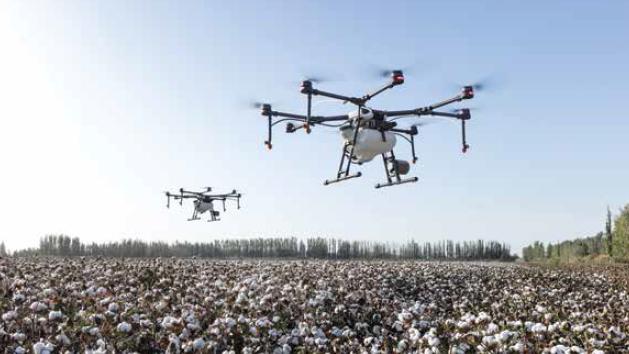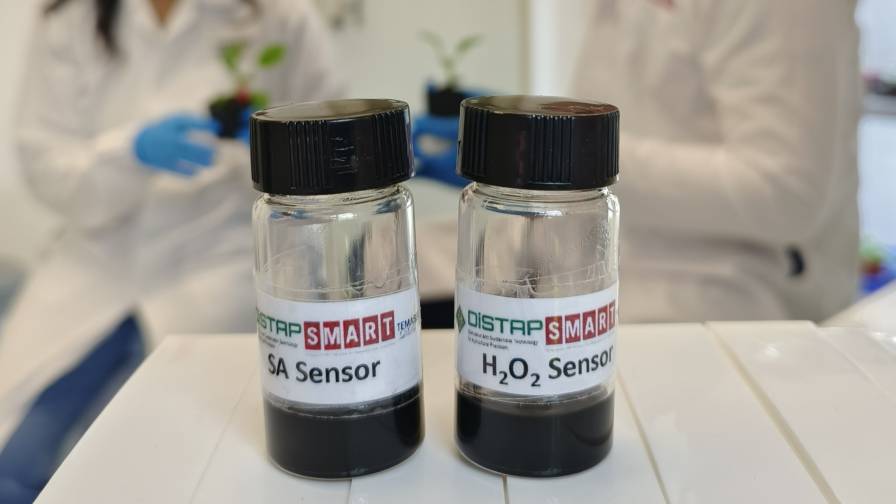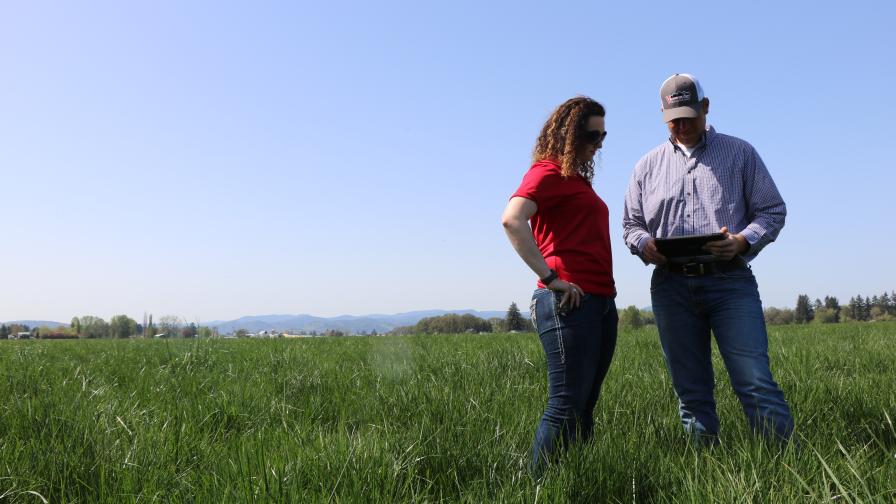Dr. Jason Ward: Creating Value for Farmers
Editor’s note: North Carolina State University’s Jason Ward is one of the recipients of the 2020 PrecisionAg Awards of Excellence. Here he shares how he got started in precision and what he finds most rewarding.
Educator/Researcher Award Recipient | 2020 PrecisionAg Awards of Excellence

Jason Ward, Digital Agriculture Team Lead, North Carolina State University
Agriculture was not on Jason Ward’s radar growing up in a Kentucky coal and iron town nestled in the mountains of Appalachia, just across the border from West Virginia. While he had planned on a career in chemical engineering, as he explored the undergraduate programs at University of Kentucky, he stumbled upon agriculture – and quickly realized he’d found his true calling.
“Obviously, I am glad chemical engineering and I didn’t get along very well. I found ag and bio engineering and had some great professors who showed me what they were doing with the technology and it allowed me to be part of it. I started on the environmental rather than the machinery perspective, and I think that gives me a little bit of a different approach sometimes,” he told PrecisionAg.
Ward worked for AGCO where he gained industry experience seeing how tools are used and delivered in the marketplace, before taking on his current role as Digital Agriculture Team Lead at North Carolina State University. Dr. Ward’s program covers the full range of production agriculture, from moisture sensors in greenhouses to precision ag in commodity crops to a robotic platform supporting pasture animals.
MORE BY JACKIE PUCCI
Michael Ott: Taking Drone Application from the Drawing Board to the Field
“Ward is developing methods utilizing UAS to rapidly provide producers with replant recs, saving valuable time and money,” said his nominator, Wesley Porter, who described Ward’s development of robotic systems to alleviate problems with fixed shade structures in pastures. “These issues cause animals to congregate leading to adverse environmental impact and poor animal performance in muddy conditions and accumulated waste.”
In addition to his UAS program, Ward is completing research in mapping sub-field cotton fiber quality for each cotton module sent to the cotton gin, utilizing machine data to improve harvest efficiency, and utilizing robotic systems to improve quality for pasture animals.
Ward has developed a practical program addressing both engineering and agronomic needs within North Carolina that is being applied across the cotton belt, the Midwestern Corn Belt, and livestock areas, according to Porter. What has broadened the impact and increased the value of Ward’s work is that he works across multiple disciplines to develop real-world solutions to problem, Porter said.
“We have gotten really good at generating lots of data and information, and if I can make any impact what I would like for it to be is (show) how to harness that information in a way that really creates value for the farmer,” Ward told PrecisionAg.
“I don’t care if it’s corn in a silo or a chicken in a greenhouse, or cotton from a gin. To me if there’s a way that we can leverage really good measurement technology to make better management decisions, to me, that’s precision agriculture,” he explained.
He names Dr. Garey Fox, Professor and Department Head at NC State’s Department of Biological and Agricultural Engineering, as well as Dr. Gary Roberson, Professor and Extension Specialist in that same department, as two of his most important mentors. Dr. Randy Raper, former long-time Agricultural Engineer with USDA, also “provided a career’s worth of guidance,” Ward said.
What is most rewarding, he said, is seeing how meaningful the technology can be for the farmer. “There are a lot of places in the industry many different users can benefit from the data, but if I can sit down with a farmer and have him open a dataset, and have him go, ‘wow, I didn’t know we had this capability.’ To me, that’s the most rewarding part.”
Even with all of the challenges agriculture is facing, “If I become pessimistic, then I’m missing the point,” he explained, adding, “Whenever I get to go out and see people in rural communities creating so much value for themselves and for their communities and for the schools in their area, and I see farmers talking to students, training people, giving people second chances, and investing around them, I am continually impressed and always optimistic about what the future holds for ag in the U.S. You can’t not believe with what we’ve overcome, you can’t not believe that we will find a way to get through this.”










